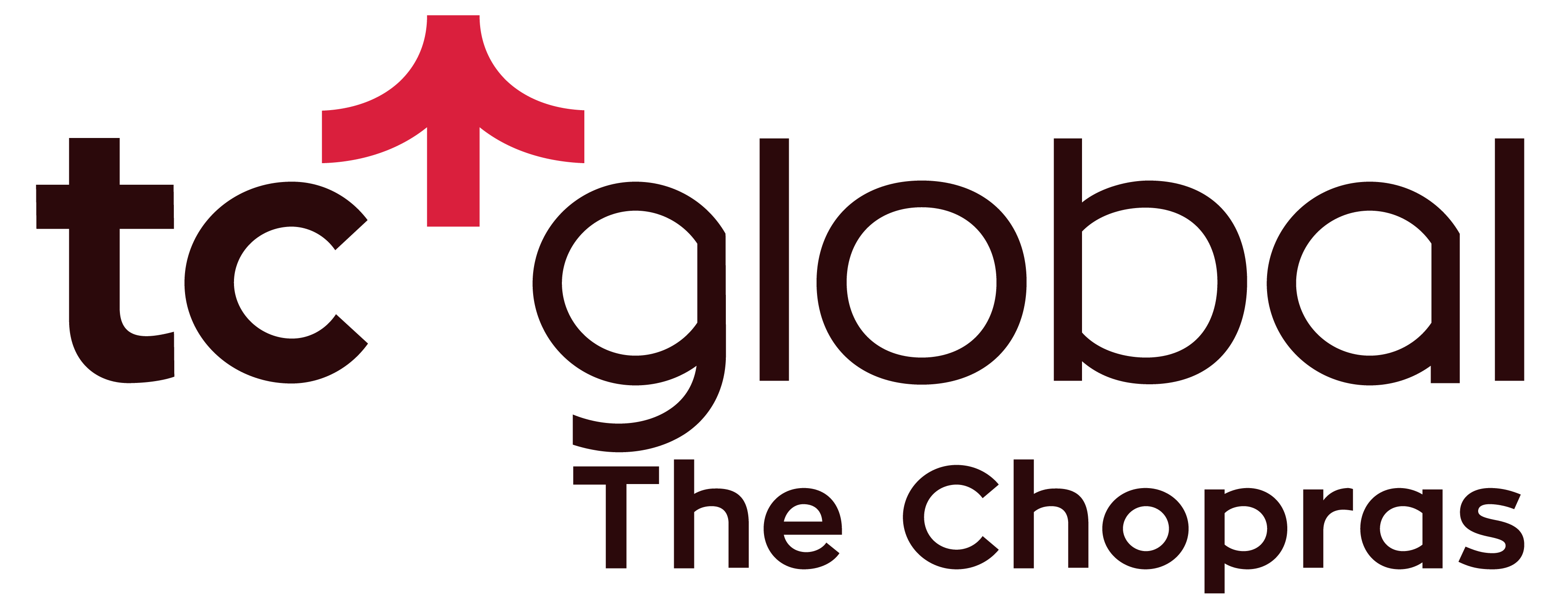The terms neuroscience and psychology are often used interchangeably, though there’s a big difference between the two.
Neuroscience is a multidisciplinary science that encompasses different fields such as computer science, physiology, psychology, engineering, medicine, chemistry, biology and mathematics. It focuses on the scientific and fundamental study of the brain and the nervous system.
Psychology, on the other hand, is the science that includes the study of how the mind works. It deals with our thoughts, feelings, emotions and conscience. Psychologists generally explore the behaviour and mental status of people which can help them to understand personalities, measure intelligence and gauge the cognitive levels of individuals. If you are interested in learning more about the role of psychology post the pandemic, click here.
Although the two are separate sciences, at their cores, they remain relevant and linked to each other.
Some of the major branches of neuroscience include computational neuroscience, nanoneuroscience, neural engineering, neuropsychology, neuroimaging, and paleoneurology.
- Computational neuroscience makes use of theories and mathematical models to understand how different functions are processed in the brain and the nervous system. They help to understand the actions that happen inside the brain to point out the way in which the nervous system processes information.
- Nanoneuroscience is a combinatorial field that encompasses nanotechnology and neuroscience. It is a field that studies the need for nanotechnology in identifying, treating and creating preventive measures for neurological disorders. Through nanoneuroscience, it is possible to understand the function of individual neurons as well as the functions of the brain. The most notable achievements of this field include the invention of scanning tunnelling microscopy (STM) and nanotweezers.
- Neural engineering (or Neuroengineering) is a sub-field of biomedical engineering. It brings both engineering and neuroscience fields together. It draws upon various fields including (but not limited to) signal processing, computational neuroscience, neurology and nanotechnology. Neural engineering strives to improve our understanding of the nervous system and help in the rehabilitation and augmentation of neural systems through repair and the use of artificial devices. Applications include neuroinformatics, brain-computer interfaces etc.
- Neuropsychology is a part of psychology and it helps to understand the behaviour and cognitive abilities of a person with respect to his nervous system. The field helps to understand the effects of neurological disorders and thereby influences the diagnosis and treatment of such disorders. Neuropsychology also helps to analyse behavioural changes that are possible outcomes of neurological damages that occur due to illnesses or injury.
- Paleoneurology is a branch of neuroscience that combines paleontology, archaeology, and neuroscience in order to study the evolution of the brain over the years by collecting and learning from fossil records.
Now that we have seen a few branches of neuroscience, let’s take a look at some of the career options.
Career Options
A few of the most lucrative jobs in neuroscience are discussed here.
- Clinical Neuropsychologist
It is a job that is closely related to clinical psychology. Clinical neuropsychologists analyse the behavioural patterns and match them with brain functions in order to diagnose brain disorder and to assess the cognitive functioning of an individual.
- Cognitive Neuroscientist
It is a job that encompasses both psychology as well as neuroscience. Cognitive Neuroscientists specialise in certain fields such as psychology or the physiological study of the nervous system. They are responsible for developing treatment plans for patients depending on the type of neurological disorder they have been diagnosed with.
- Neurosurgeon
Neurosurgeons diagnose nervous systems and perform complex surgeries on the brain or the nervous system to repair damages brought about by illnesses or injuries. It is the most challenging as well as one of the highest paying jobs in neuroscience. The average salary in 2020, as revealed by the US Bureau of Labor Statistics (BLS) was USD 208000 a year while according to other reports, the figures were over USD 300000.
- Neurologist
Neurologists are doctors who specialize in treating neurological disorders. They treat patients who suffer from different types of neurological disorders including schizophrenia, epilepsy etc.
- Neuropathologist
Neuropathologists study the brain and nervous system tissues in order to assess them and to identify diseases. The job combines the fields of pathology, neurology and neurosurgery.
- Neuroscientist
They conduct research in order to develop breakthroughs in the field. Neuroscientists can work in hospitals, academic centres, laboratories or offices depending on their specialisations. One must have a PhD or an MD in neuroscience in order to become a neuroscientist. The average salary of a neuroscientist was USD 96,420 in 2018.
- Biostatistician
It is a career that requires one to be an expert in both neuroscience and statistics. Biostatistics requires one to develop criteria for studies and to analyse data in order to predict outcomes of medical procedures, laboratory tests and field statistics.
- Scientific Writer
Scientific writers are responsible for discussing the latest developments in the field of neuroscience and to help the common man to understand them. They will have to do a lot of research and be able to understand scientific theories and practises in order to relay them effectively.
In fact, careers based on neuroscience can span across different industries including academics, governance and policy-making, healthcare, business, journalism and others.
In order to pursue a career in any of the above mentioned fields, a background in science or engineering is a necessity. One can look at undergraduate, graduate and doctoral degrees in neuroscience to build their careers.













